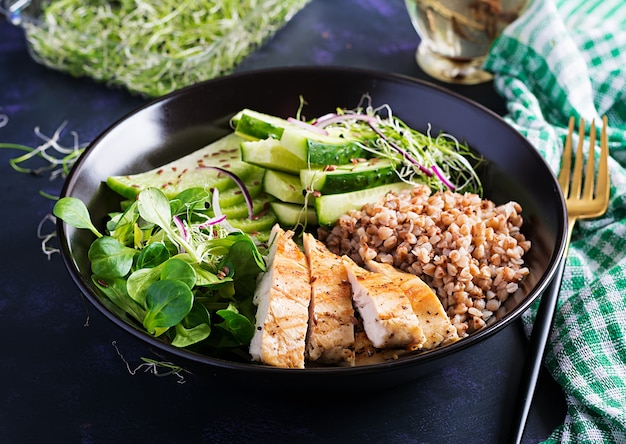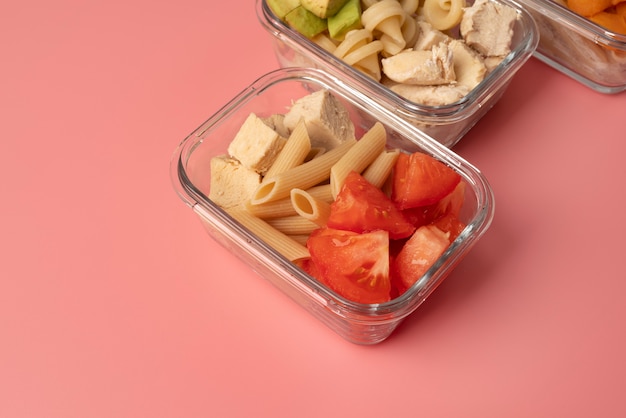As men age past 50, maintaining energy, stamina, and physical resilience becomes more challenging—but not impossible. One of the most effective, science-backed strategies to support endurance is consistent, nutrient-dense meal prep. This progressive blueprint delivers clarity on what to eat, why it works, and how to adapt your weekly meals to sustain long-term vitality.
After age 50, metabolic rate slows, muscle mass declines, and recovery from physical activity takes longer. These changes can sap endurance and make daily activities feel more taxing. Strategic meal prep combats these shifts by ensuring your body gets the right balance of macronutrients and micronutrients—every day, without fail.
Prepping meals weekly removes decision fatigue, reduces reliance on processed foods, and stabilizes blood sugar—critical for sustained energy. Studies show that consistent eating patterns improve insulin sensitivity and mitochondrial efficiency, both key to endurance.

Endurance isn’t just about cardiovascular fitness—it’s about how efficiently your body produces and uses energy. This requires a focus on three pillars: complex carbohydrates, lean protein, and healthy fats.
Carbs are not the enemy. In fact, they are the primary fuel for endurance activities. The key is choosing low-glycemic, fiber-rich sources that release energy slowly.
Include 1–1.5 cups of complex carbs per main meal to support glycogen storage in muscles.
After 50, men lose 3–8% of muscle mass per decade—a condition known as sarcopenia. High-quality protein slows this decline and supports recovery after physical activity.
Aim for 25–35 grams of protein per meal, distributed evenly across the day to maximize muscle protein synthesis.

Fats are essential for hormone production, joint health, and long-burning energy—especially during low-to-moderate intensity endurance activities.
Include a thumb-sized portion of healthy fat in each meal to support satiety and metabolic health.
Start simple and build consistency. Here’s how to structure your meal prep over four weeks:

No two men are the same. Adjust portion sizes based on activity level—more carbs and calories if you walk 10K steps daily or do strength training. If you're managing weight, slightly reduce portions while keeping nutrient density high.
For those with dietary restrictions (e.g., gluten-free, low-sodium), substitute ingredients accordingly without sacrificing balance. Always prioritize whole, single-ingredient foods over processed alternatives.
Boosting endurance after 50 isn’t about drastic changes—it’s about sustainable habits. Weekly meal prep gives you control over your nutrition, supports energy production, and preserves muscle. Start small, stay consistent, and adapt as needed. Over time, you’ll notice improved stamina, sharper focus, and greater resilience in daily life.
Your plate is your foundation. Make it count.

Health

Health

Health

Health

Wellness

Wellness

Fitness

Wellness

Wellness

Health

Wellness

Wellness

Health

Fitness

Health

Health